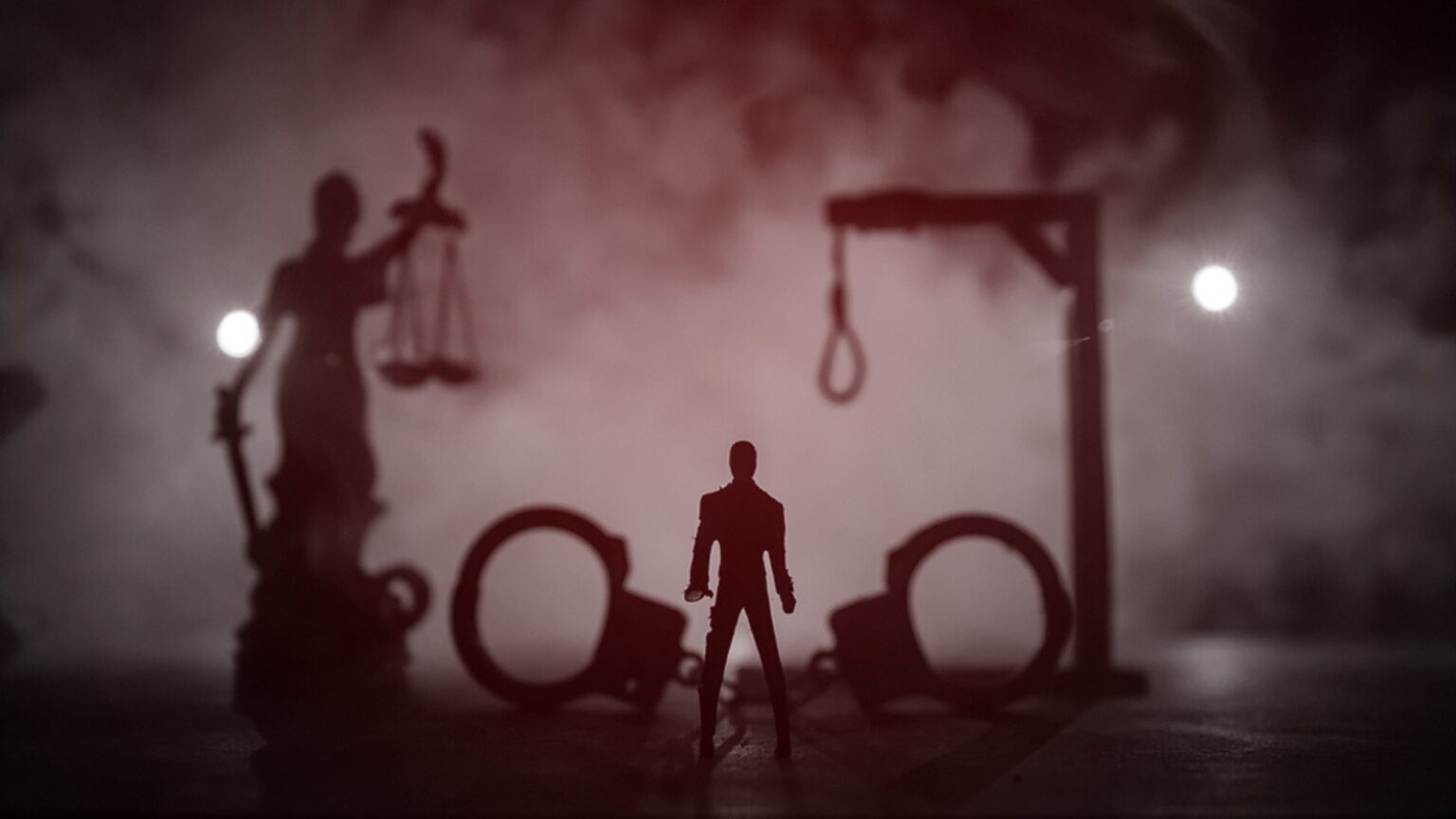Marcellus Williams, whose murder conviction was contested by a prosecutor, was executed by lethal injection on Tuesday evening in Missouri, following the US Supreme Court’s denial of a stay.
At 55 years old, Williams was executed at around 6 p.m. CT at the state prison in Bonne Terre. His attorneys had mounted several appeals based on what they argued was new evidence, including claims of jury selection bias and contamination of the murder weapon before trial. Notably, the victim’s family had also requested that Williams be spared the death penalty.
The US Supreme Court’s decision came after both Missouri’s state court and governor refused to halt the execution. The Supreme Court did not provide an explanation for its ruling, which is common for cases on its emergency docket. In two of Williams’ appeals, no dissenting opinions were noted. However, in a third appeal, Justices Sonia Sotomayor, Elena Kagan, and Ketanji Brown Jackson indicated they would have supported pausing the execution.
Williams was convicted in 2001 for the 1998 murder of Felicia Gayle, a former newspaper reporter who was found stabbed to death in her home. Missouri Governor Mike Parson issued a statement, read by Trevor Foley, the director of the Missouri Department of Corrections: “This decision provides closure to a case that has lingered for decades, causing ongoing pain for Ms. Gayle’s family. No court has ever found Williams’ innocence claim to be credible. After two decades of judicial reviews and over 15 hearings, the conviction has been consistently upheld. The execution has therefore proceeded.”
After the execution, Williams’ attorney Larry Komp stated that his client maintained his innocence until the very end. “While Marcellus admitted to past mistakes in his life, he consistently declared his innocence in this crime,” said Komp. “We are heartbroken and in disbelief over the state’s actions, but take comfort knowing he left peacefully.”
Just moments after the Supreme Court’s ruling, another of Williams’ attorneys, Tricia Rojo Bushnell, expressed frustration on CNN, saying, “They are executing an innocent man, despite objections from the prosecutor, jurors, and even the victim’s family. Our justice system values finality over fairness, and this is the tragic result.”
In a post on X (formerly Twitter), the NAACP called the execution a travesty: “Missouri has lynched another innocent Black man. Governor Parson had the power to save a life but chose not to… We will hold him accountable.”
Earlier this year, the St. Louis County Prosecutor joined Williams’ defense team in requesting a new trial after new testimony from the original prosecutor and recent DNA tests suggested contamination of key evidence. This case brought into sharp focus the inherent risks of capital punishment and the possibility of executing innocent individuals. According to the Death Penalty Information Center, at least 200 people sentenced to death since 1973 have been exonerated, four of them from Missouri.
Williams’ final moments were observed on September 21. His last words were a devout expression of faith: “All Praise Be to Allah In Every Situation!!!” His legal team described Williams as a devout Muslim, an imam for fellow inmates, and a poet.
His final meal consisted of chicken wings and tater tots, according to Missouri Department of Corrections spokesperson Karen Pojmann. He spent his final hours with Imam Jalahii Kacem. By 6 p.m., after all legal petitions were exhausted, Williams was pronounced dead following the administration of the lethal injection.
Approximately 100 demonstrators gathered outside the prison, protesting both Williams’ execution and capital punishment as a whole. None of Felicia Gayle’s family members attended the execution.
Efforts to Halt the Execution On the legal front, Williams’ attorneys and the St. Louis County Prosecutor Wesley Bell had filed a joint brief on Saturday asking the Missouri Supreme Court to send the case to a lower court for further review. They cited DNA evidence suggesting Williams may not have been the one who used the murder weapon.
Despite new DNA evidence showing that the knife used in the crime had been contaminated prior to the trial, Missouri’s Attorney General Andrew Bailey maintained that it did not prove Williams’ innocence, as many individuals had handled the knife, including law enforcement officers. Additional evidence, including items found in Williams’ car and testimony from witnesses, was also cited by the attorney general to support Williams’ conviction.
A key aspect of Williams’ defense was the argument that the jury selection process in his 2001 trial had been racially biased. In August, during a motion-to-vacate hearing, a prosecutor admitted he had struck a potential juror because the individual was Black, like Williams. This testimony formed part of the defense’s emergency request to the US Supreme Court.
However, the Missouri Supreme Court ultimately ruled that Williams had not provided sufficient evidence to prove his innocence. The court’s decision led to the denial of a stay of execution, with the Missouri governor supporting the court’s conclusion.
The Victim’s Family Advocates for Life Imprisonment Despite the overwhelming push for Williams’ execution from state officials, the St. Louis County Prosecutor’s Office had reached an agreement with Williams last month, supported by Gayle’s family. The proposed deal would have allowed Williams to plead guilty in exchange for a life sentence. However, the Missouri Attorney General’s Office opposed the agreement, and the state Supreme Court blocked it.
Williams’ defense team also filed a clemency petition, citing former Governor Eric Greitens’ decision to indefinitely postpone the execution in light of questions surrounding the integrity of Williams’ trial. However, when Governor Parson took office, he dissolved the board tasked with investigating Williams’ case, ultimately revoking the stay of execution.
Parson stood by his decision, stating, “This case has dragged on for years, and justice has been delayed for too long. The courts have consistently upheld Williams’ conviction, and the time has come to move forward.”
Despite the victim’s family advocating for life imprisonment, the state ultimately carried out the death sentence.



